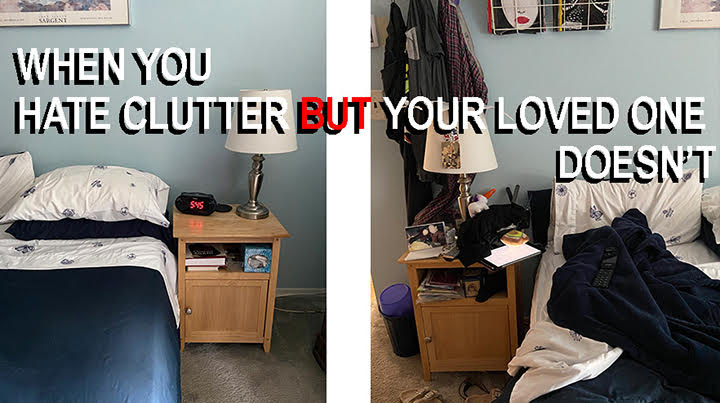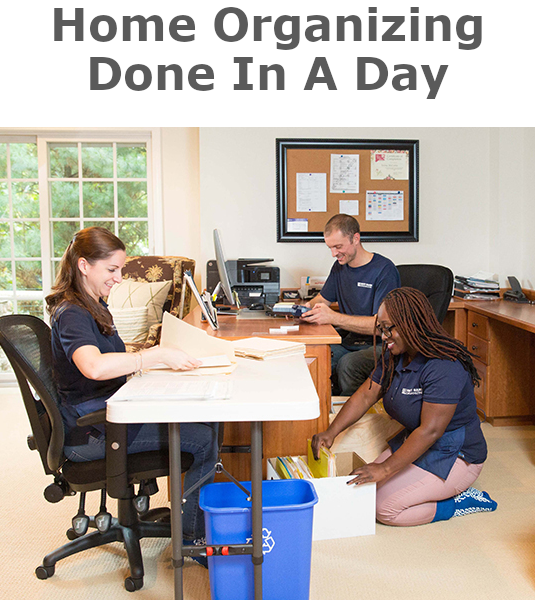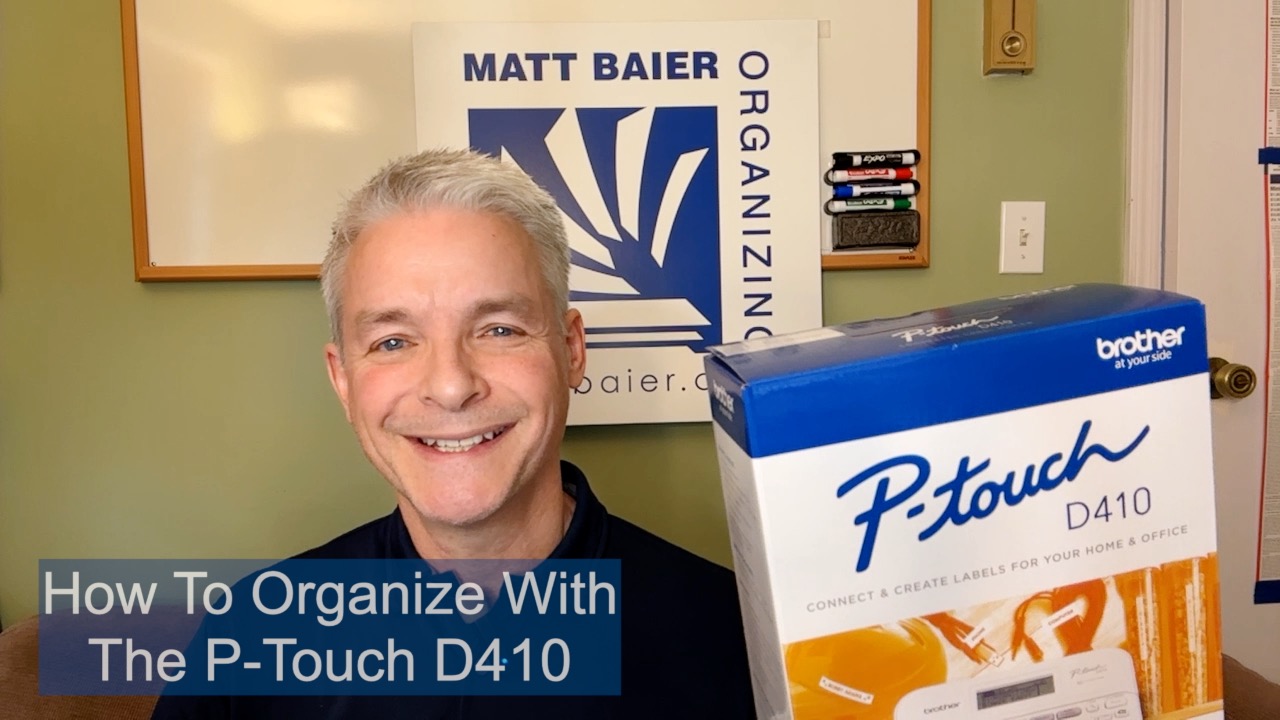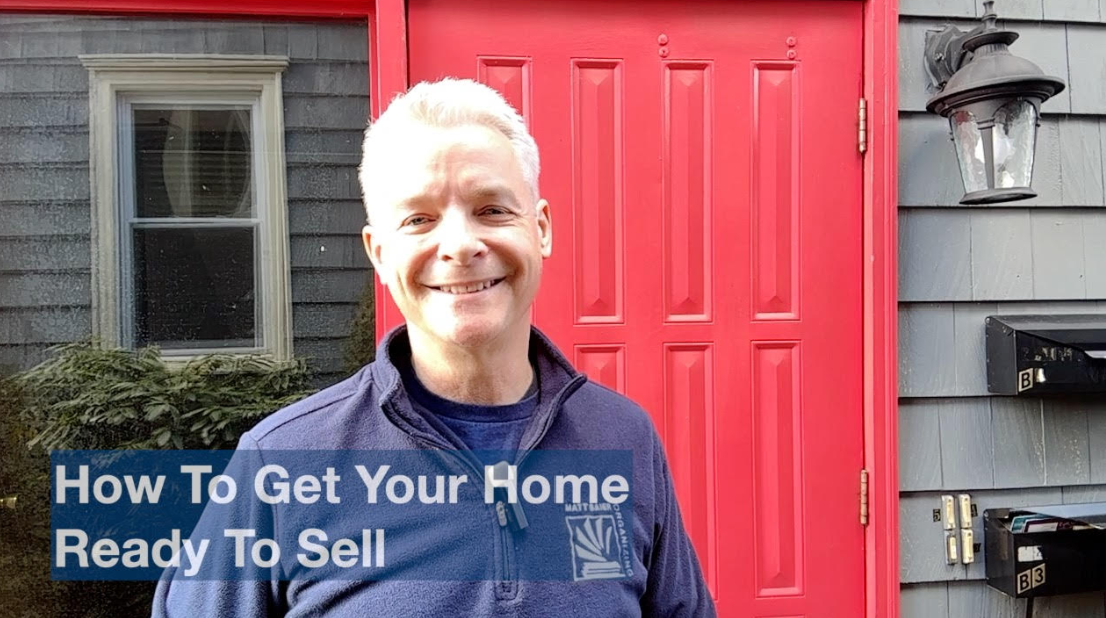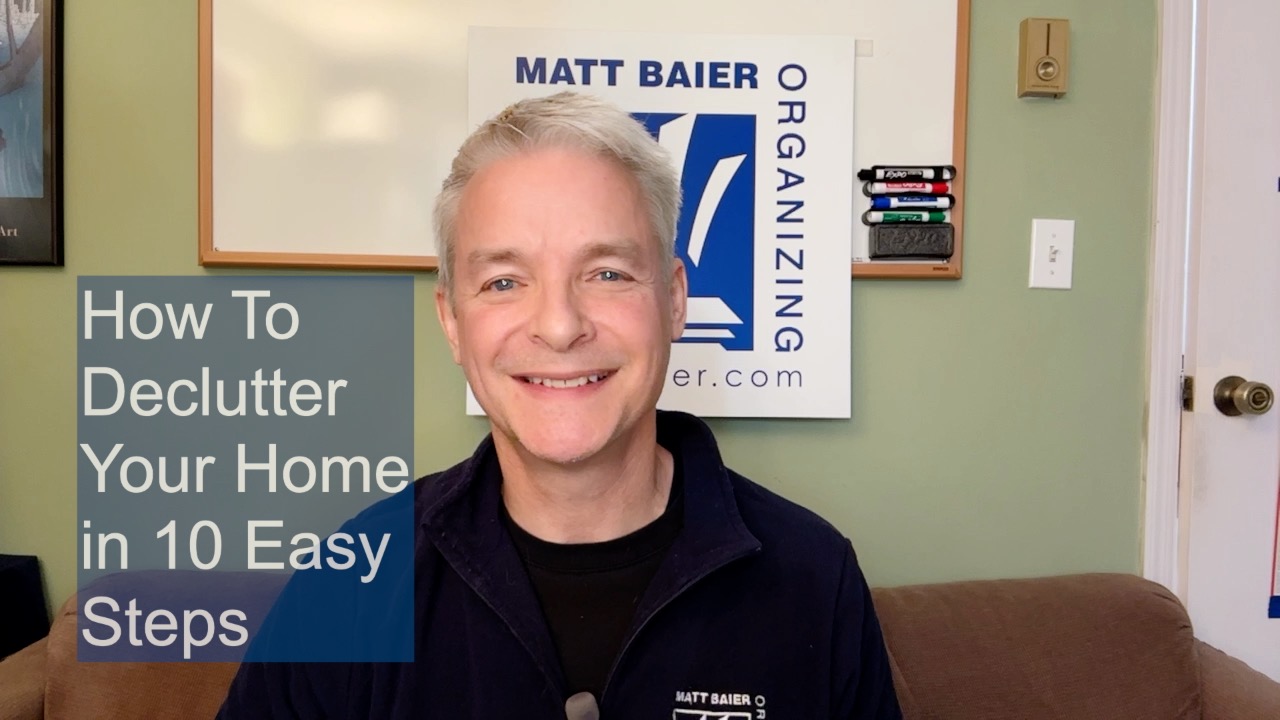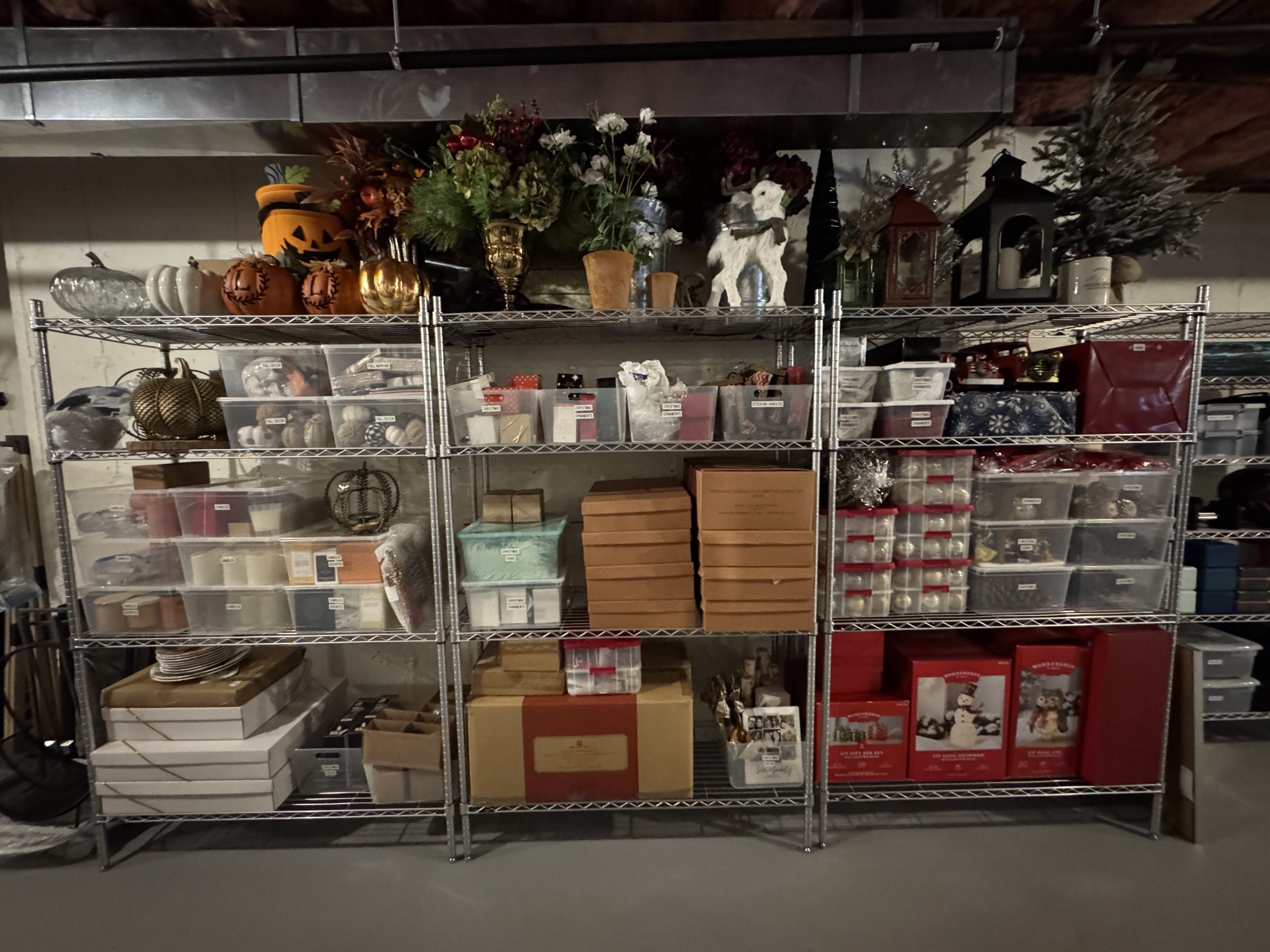Since starting my organizing business 18 years ago, we have worked with many couples where one is a keeper and the other is a shedder. The shedder is eager to unload old burdens, remove clutter and open up new possibilities. The keeper does not like to get rid of stuff and tends to be fine with the way things are.
It’s a daily frustration for the shedder. Trust me. I know.
You feel crowded at every corner. There’s always a part of each room that’s a daily eyesore. You keep trying to open up space on your kitchen counter, but the clutter just keeps creeping in, causing a constant tension. It leads to conflicts, and you hear yourself arguing over the stupidest things.
Only, the stupid things are the tip of the iceberg. Below the surface is respect. For one of you, it’s a respect for space, for the other it’s a respect for possessions. So, what do you do?
Prioritize To Organize
As I’m always saying, “you have to prioritize to organize”, only this time it’s not just to organize. It’s to step back and look at what’s most important. Hopefully, harmony in your relationship is more important than a Pinterest-perfect home. My wife is fond of the saying “is that the hill you want to die on?”, she says it all the time.
So, start with reasonable boundaries. If being in an organized space makes you happy, you are entitled to at least one area in your home that you can call your own and keep it just the way you want.
Your cluttered companion is entitled to the same. It’s a compromise that may not satisfy both of you, but what compromise does?
I understand the frustration of shedders. You know that an uncluttered environment would benefit both of you, whereas a cluttered environment benefits neither of you. And it’s harder when a whole family lives in clutter.
So, I’m not saying just stay within your space and suck it up. Here are two strategies you can use to negotiate the clutter in shared spaces.
Put It On You
When you attack your loved one’s possessions, your loved one can feel like it is an attack on him or her. That’s because our possessions are an extension of ourselves.
For shedders, our space is an extension of ourselves. We don’t see space as empty. We see it as valuable. Space allows us to see clearly, to access, and to process. If you’re not able to do any of those things, then you have a valid position. But it is about you, because it doesn’t bother your keeper mate.
So rather than saying “I’m sick of seeing your broken treadmill in the basement!!” Try this, “My yoga classes are really helping lower my stress, so I’d like to practice at home. Could we… maybe have a conversation… about the treadmill in the basement?”.
Now, it’s likely that your loved one spent a lot of money on the treadmill or may feel guilty about not using it. He or she may have been meaning to get it fixed and realizes that it would be very hard to remove.
Be prepared to have a helpful conversation about all those points. Then you can still be on your loved one’s side, while addressing your needs.
Do I guarantee that it will work? Of course not! But I do guarantee that it will improve your odds over going on the attack.
Regret Free Process
If you are working together on clearing out a shared space, use the regret free process. We use this approach on every project. The most important factor in getting through a large project is momentum. Nothing slows momentum down faster than regret.
Your loved one may say this, “I just don’t know if I’m ready to get rid of this yet.” Rather than pushing him or her and risking regret, do this, say “That’s ok, but can we just get clear on why you are keeping it?”.
That should not come across as a challenge to throw it out, so offer options. Is it being kept for sentimental reasons? Ok, then keep it with other keepsakes. Is it something that might go in a new home? Ok, then keep it in the crawl space.
This is progress. You’re not shifting things from one pile to another. You are moving the process forward, because usually these items go to a more remote location. Meanwhile you can maintain the momentum on the big clear-out. When you are clear on why you keep something, that determines where it should go.
So give these strategies a try. If you have some successes, I’d love to hear about them. And if you have any strategies of your own that work, please share those too.
Please Share With Your Community

